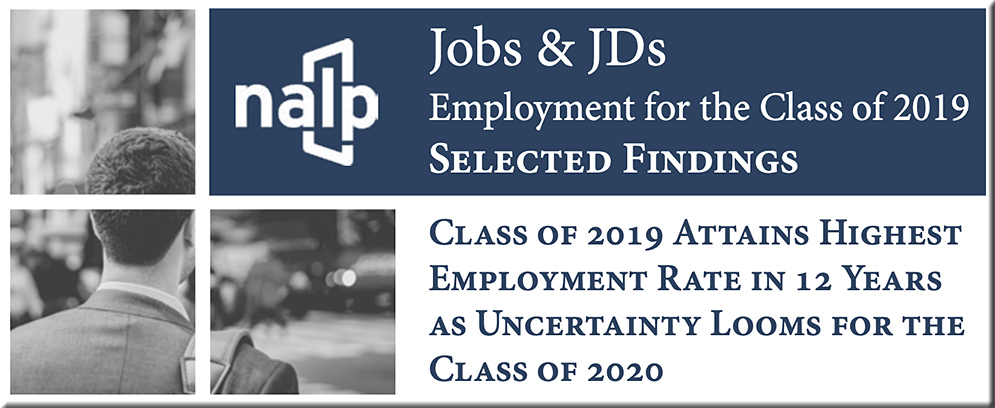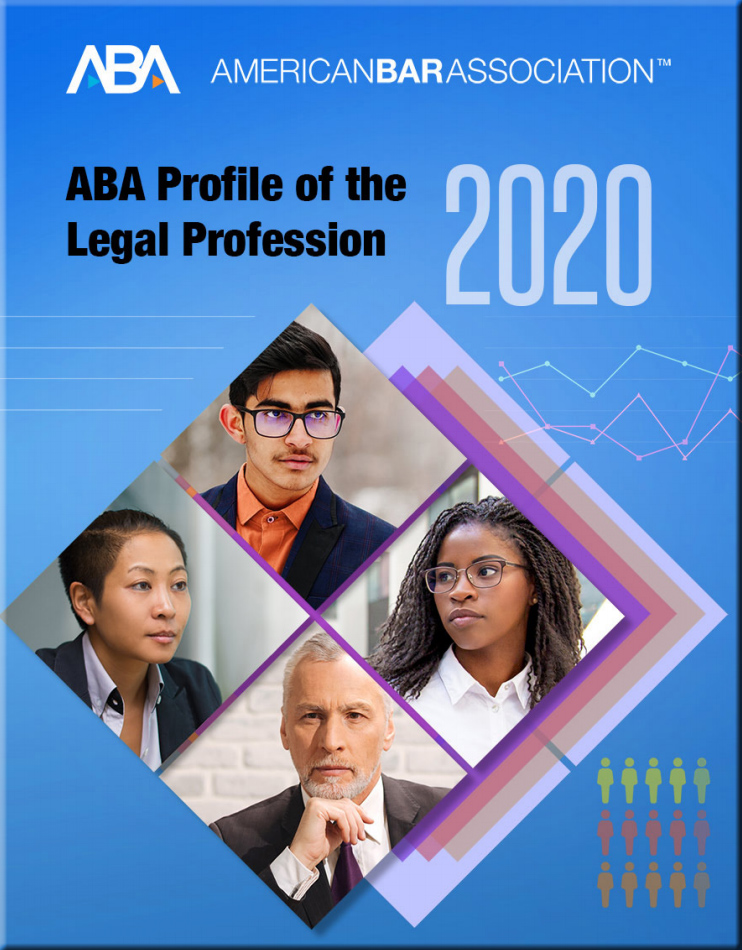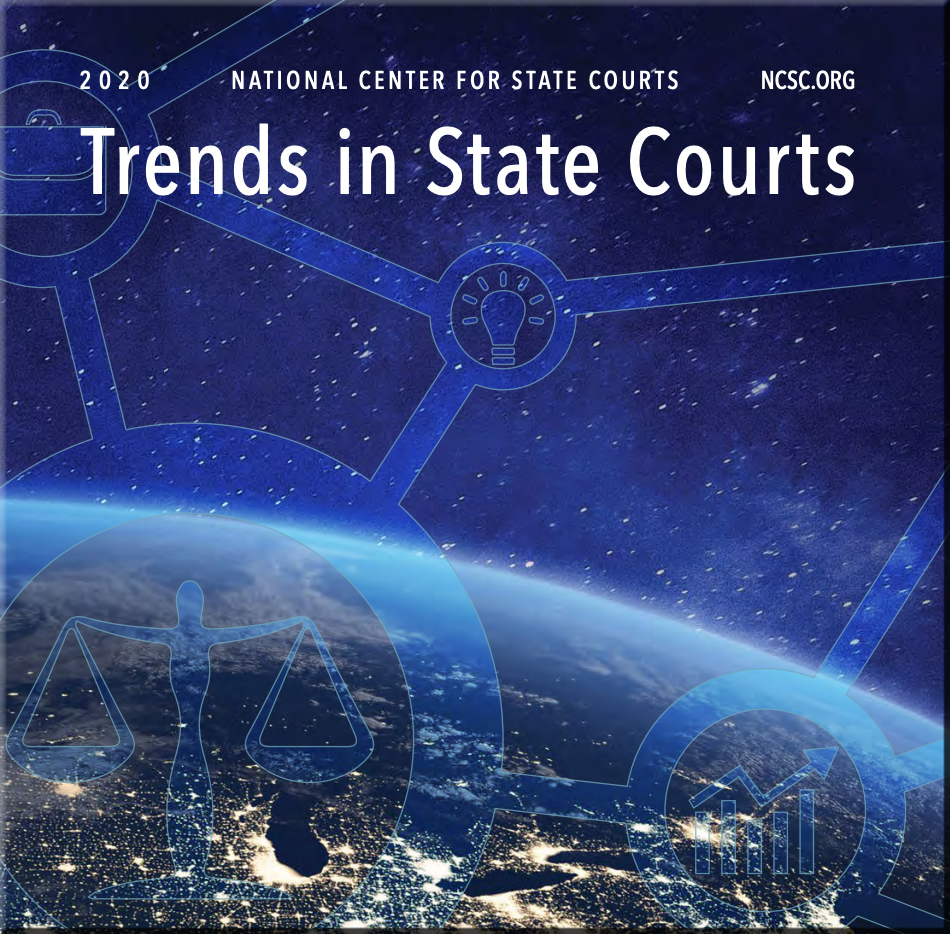Coronavirus weaves uncertainty in pre-K — from educationdive.com
Early childhood programs were particularly hard-hit by the coronavirus pandemic, from the immediacy of school closures to future state funding.
Excerpt (emphasis DSC):
In a school year disrupted by the coronavirus pandemic, early childhood was particularly impacted. Forced to close their doors, preschool centers struggled to adapt and survive. And state budget cuts due to the recession exacerbated by the pandemic may also impact these programs for years to come.
Now, as many children prepare to start school for the first time, they’ll be doing so without the physical school.
…
To help you get up to speed on the issues, we’ve gathered our recent coverage on coronavirus’ impact on early childhood ed in one place.













![Reflections on an UnCertain Decade [Susskind & Cohen]](http://danielschristian.com/learning-ecosystems/wp-content/uploads/2020/08/TheUncertainDecade-SusskindCohen-Aug2020.jpg)

